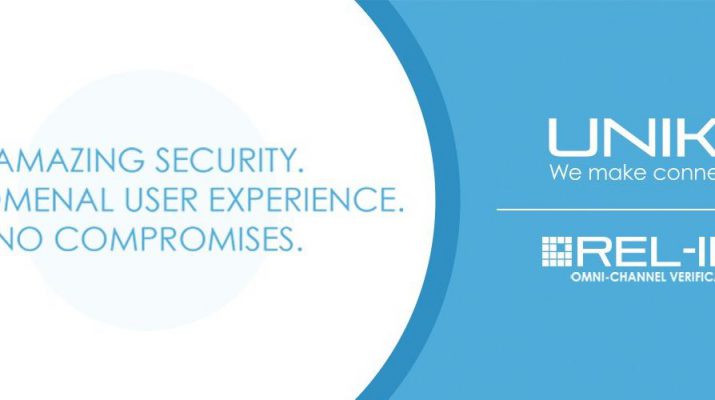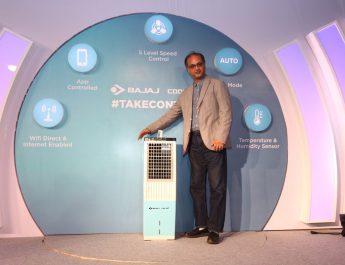The crisis brought on by the COVID-19 pandemic is affecting people and businesses in unprecedented ways. As organizations are having to figure out how to enable employees and contractors to perform their jobs from home, telework means that your people are no longer using company computers on the corporate network to access mission critical and sensitive resources, so a simple human mistake could result in a big security breach.
Remote employees are being targeted by phishing and vishing attacks that aim to steal corporate credentials. Inadequately secured WiFi networks are one of the biggest security risks for teleworking employees, as home networks have lax security compared to enterprise networks. The challenge is to figure out a way for employees to be as productive working remotely as they were while working in the office, without introducing friction and complexity into their workflows – all while combatting a new set of cyber threats and protecting corporate data and resources.
Irrespective of the organizations using the best in class anti-virus, anti-malware product, the current situations increases the risk of getting your organization cyber-virus-infected due to various reasons like scale of connecting from outside and the rate at which new malwares are created specifically by sensing the chances of breaches. Hence the IT/Security experts need to be extremely careful about arranging the workforce working from home. It cannot definitely be a knee-jerk arrangement, but it needs to be well thought of.
On being asked about how the company is helping its clients combat this situation, Mr. Bimal Gandhi, CEO, Uniken explains “For employees accessing corporate resources from their PC, it starts with a desktop application called REL-ID Desktop. This easy-to-use desktop application abstracts the security away from the underlying hardware, allowing businesses to provide the same security on both corporate issued or personal computers, which is especially beneficial in today’s BYOD corporate environment where managing company-provided laptops can be complicated and expensive.“
He further adds “Securing remote access starts by reliably authenticating users with a high level of assurance. The REL-ID Desktop strongly authenticates your employees by binding their user credentials to the computer that they will use to connect to the corporate network, whether it is a corporate issued laptop or their home PC. This is further strengthened using cryptography to create strong multi factor authentication that is immune to phishing and other kinds of credential attacks. It also simplifies the user experience and improves security by eliminating the need for SMS-based One-Time-Passwords or Authenticator apps. With the REL-ID Platform integrated with your corporate credential repository (like Active Directory), your employees simply log in using their existing enterprise credentials.”
Successfully authenticating using REL-ID Desktop automatically creates an encrypted network connection from the desktop all the way into your corporate network. This secure channel protects data transferred back and forth between the PC and the corporate network, thereby securing it from vulnerabilities such as improperly secured home networks, malicious public WiFi, and trap networks.
Uniken offers a quick and simple deployment model to enable quick adoption with minimal disruption. Working with your IT and security teams, our customer success team can get the system up and running in a matter of days. The REL-ID Platform easily integrates with your existing infrastructure and security products, such as corporate Active Directory, and provides comprehensive and configurable policy and security controls. It is highly scalable, and is available either as an on-premise deployment or as a managed service. The solution supports both Windows and Mac platforms on employee PCs, and Windows and Linux platforms for the gateway servers.
Uniken’s REL-ID desktop solution helps the organizations to provide secure remote access to their intranet websites and servers to the employees from outside the network in an easy, effective and yet lowest risk way.
Today, most organizations rely on virtual private networks (VPN) to connect remote employees to their corporate networks and access corporate resources. However, VPNs have a lot of problems that are making them inadequate to meet the challenge the current crisis has created, whether it be the bandwidth strain it is putting on corporate networks, the lack of integrated multifactor authentication, network segmentation, and access controls, or the potential privacy issues it creates.
This is why Gartner predicts that 60% of private companies will have phased VPNs out in favor of zero-trust networking and other technologies by 2023. However, deploying zero-trust networking takes time, planning, and resources – all of which are in short supply for businesses scrambling to respond to the current crisis. Organizations need a solution that can be deployed quickly, with no disruption to the business, that is designed for both enterprise assets and a BYOD environment, and that addresses the challenges of the new threat landscape. In other words, businesses need an agile yet comprehensive security platform designed for the modern enterprise.
While traditional systems focus on reducing risks, Uniken’s security platform has been designed to eliminate the occurrence of all potential threats. Uniken has handled more than 2 billion interactions till date and there has not been even a single case of stolen identity, data breach or financial loss. Uniken’s focus on zero defects concept is the primary thing that gives its security platform a disruptive profile. Security experts have maintained that all security systems are vulnerable to some form of security threats. It has been believed that a system that’s 100% secure can never be built. However, Uniken’s REL-ID has proved these assumptions wrong and has tons of data to back its claims.




